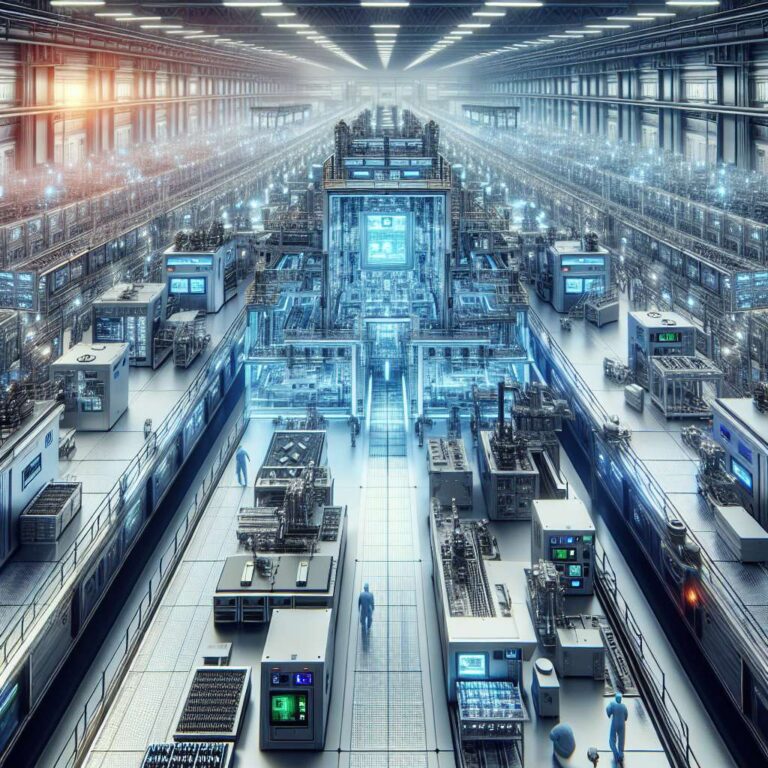NVIDIA and Samsung announced plans to build a new artificial intelligence factory that blends intelligent computing with semiconductor manufacturing. The state-of-the-art facility will combine Samsung’s semiconductor technologies with NVIDIA platforms to form the foundation for next-generation, artificial intelligence-driven production. According to the announcement, the factory will be powered by more than 50,000 NVIDIA GPUs and will serve as a centerpiece of Samsung’s digital transformation by integrating accelerated computing directly into full-fledged advanced chip manufacturing.
The collaboration is positioned as a benchmark for artificial intelligence-driven semiconductor manufacturing at scale. Samsung and NVIDIA plan to integrate data from physical equipment and production workflows to enable predictive maintenance and process improvements. By bringing together production data and accelerated computing, the partners expect to increase operational efficiency across fab environments and to advance autonomous manufacturing processes.
The project emphasizes the convergence of compute platforms and fabrication technologies to support a new era of intelligent production. Combining Samsung’s semiconductor expertise with NVIDIA’s accelerated computing stack aims to establish a reference architecture for deploying artificial intelligence across manufacturing operations. The announcement frames the factory as both a technical and strategic step in modernizing chip production, focusing on practical outcomes such as predictive maintenance, process optimization, and improved operational efficiency in automated fab settings.

